The 613 Mitzvot: 6-10
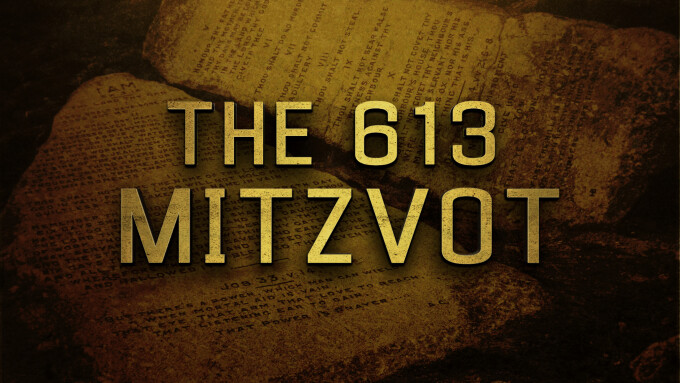
This week we look at the 6th - 10th traditional rabbinical commandments out of the 613.

This week we look at the 6th - 10th traditional rabbinical commandments out of the 613.

This week we will briefly look at the first five of the traditional rabbinical 613 Commandments.

A brief look at Romans 10:4 and Galatians 3:25; do they really mean what we're taught they mean?

A brief look at the common understandings of Romans 6:14 and Romans 7:6
What does Paul mean when he says we should subject ourselves to governing authorities? When we read Romans 13, it has been interpreted that we are to submit ourselves to any random government. While we do promote being a good citizen in the eyes of a secular government, it is not likely that Paul was only speaking of governments that teach and obey the Torah. First, let’s read: Romans 13:1-7 Let every person be subject to the governing authorities. For there is no authority...
It is often asked, “If the law of God is just there to prove we can’t keep it, then why bother trying?” This is a good and fair question based on a snippet of Scripture being misunderstood. The Law of God instructs us on how to live; in doing so, it does point out our sin, with sin being defined as breaking the law of God (1 John 3:4). The curse of the law, or rather the penalty of it, is death (Romans 6:23); this is known as the law of sin and death (Romans...
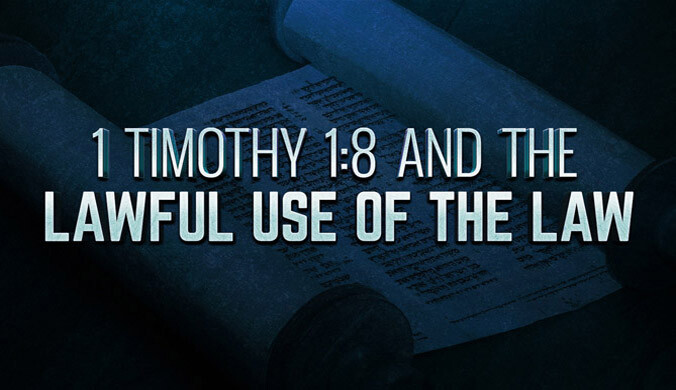
As "great" as Paul was, as a Pharisee who felt he knew the law and lived by it, he realized that simply following the letter of the law wasn't right, and that he wasn't even living correctly! Note that in 1 Timothy 1:13 he even called himself a blasphemer! The point here is this, Paul realized that only living by the legality of the law wasn’t enough, he also needed the spirit. He was not discarding the requirement of obeying the law, but simply applying another aspect of it, the...
Does Isaiah 58:13-14 mean that we cannot have any pleasure on the Sabbath? Isaiah 58:13-14 “If you turn back your foot from the Sabbath, from doing your pleasure on my holy day and call the Sabbath a delight and the holy day of the Lord honorable; if you honor it, not going your own ways, or seeking your own pleasure, or talking idly then you shall take delight in the Lord, and I will make you ride on the heights of the earth; I will feed you...
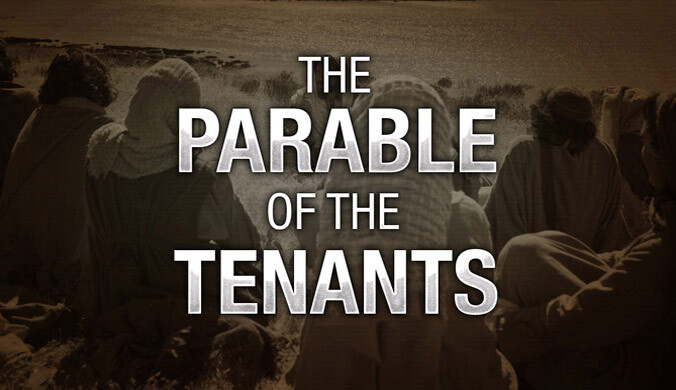
Mark 12:1-12/(Matt. 21:33) A couple of weeks ago, in the Torah Portion we read Mark 12:1-12, also known as the Parable of the Tenants. I have read this parable dozens of times growing up in church, and even in the last several years after receiving the revelation of Torah. I had likely heard many sermons on it as well, yet for some reason I never really understood what Yeshua was speaking about. Verse 12 says the Pharisees perceived that Yeshua had spoken the parable against...
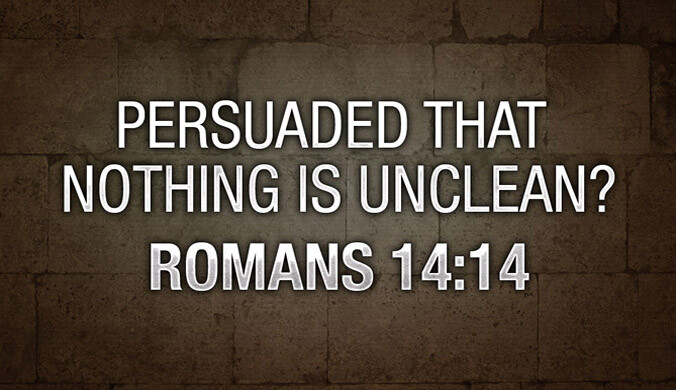
Are you persuaded that nothing is unclean because of Romans 14? There may be something missed in our studying of Paul's writings.
Matthew 28:19-20 19Go therefore and make disciples of all the nations, baptizing them in the name of the Father and the Son and the Holy Spirit, 20teaching them to observe all that I commanded you; and lo, I am with you always, even to the end of the age.”In the "Great Commission" of Matthew 28:19, Yeshua tells us to go out into the world and make disciples of all nations, but what does it mean to make disciples? The operative word, or...

Last week we discussed what it means to forgive and why forgiveness is important for both the sinner and the one sinned against. We saw how sin is a burden when one forgives that burden is lifted, carried, or taken away. This week we are looking at the phrase forgive and forget or as Yeshua said for us to “turn the other cheek”. The phrase “forgive and forget” is not found the Scriptures. The closest we come is when we are told that the Father...
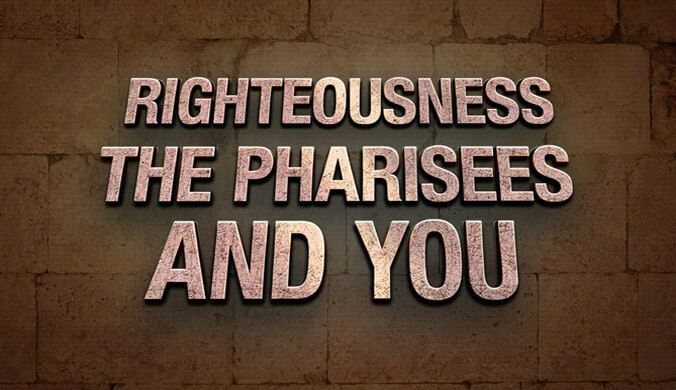
What is righteousness according to the New Testament?

What does the righteousness of the pharisees have to do with you according to Messiah in Matthew 5:20?